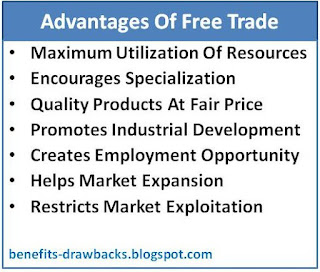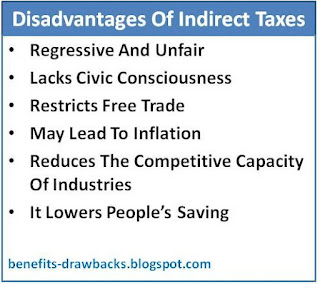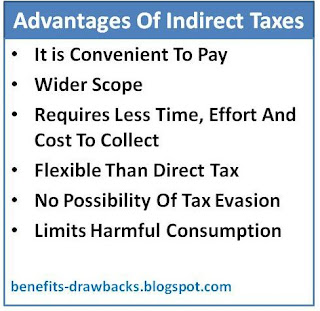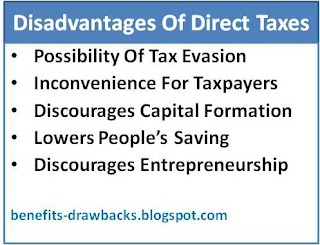Main benefits or advantages of free trade can be highlighted as follows:
1. Higher Efficiency
Under free trade, domestic firms have to compete with large foreign producers. So, domestic companies try to increase their efficiency by effectively utilizing the resources.
2. Promotes Specialization
Under free trade, every countries try to produce goods as per their comparative advantage. So, it promotes specialization and division of labor to earn higher return.
3. Reasonable Price
Due to free competition, free trade facilitates wide range of quality products at lower and reasonable price.
Free trade helps to gain latest technology and modern machinery from foreign countries. It helps in the industrial development of the state.
5. Gain Of Capital
Huge amount of capital can be attracted in the country because of barrier free trade. It helps the economic development of the country.
Also Read:
Also Read:
6. Employment Opportunities
Free trade brings capital and technology to promote industrialization in the country. Industrialization creates employment opportunity.
7. Market Expansion
Free trade helps to expand the size of production and market because domestic products can be easily sold in the international market without any barrier.
8. Restrict Market Exploitation
It restricts market exploitation and monopoly of domestic companies.
















